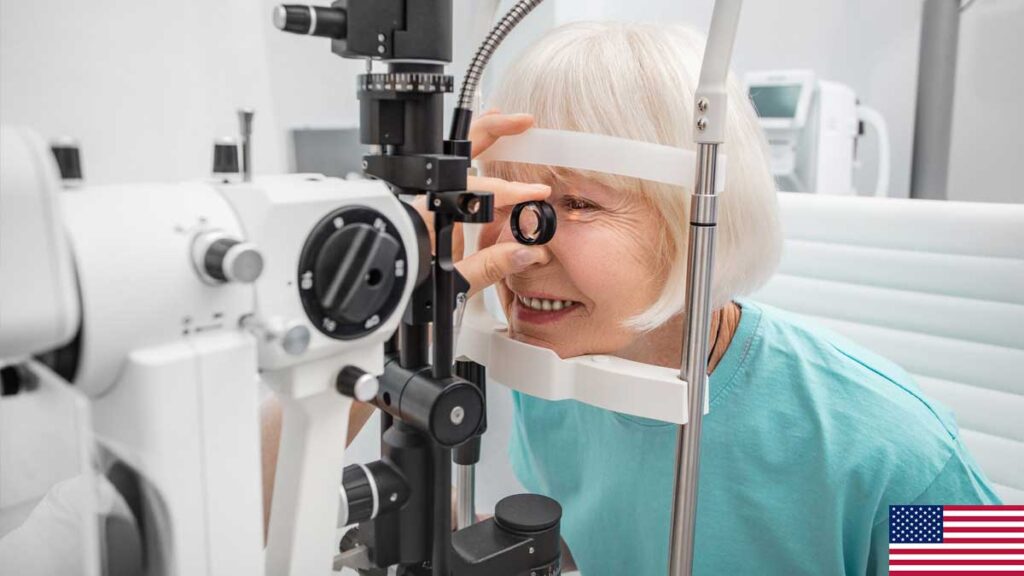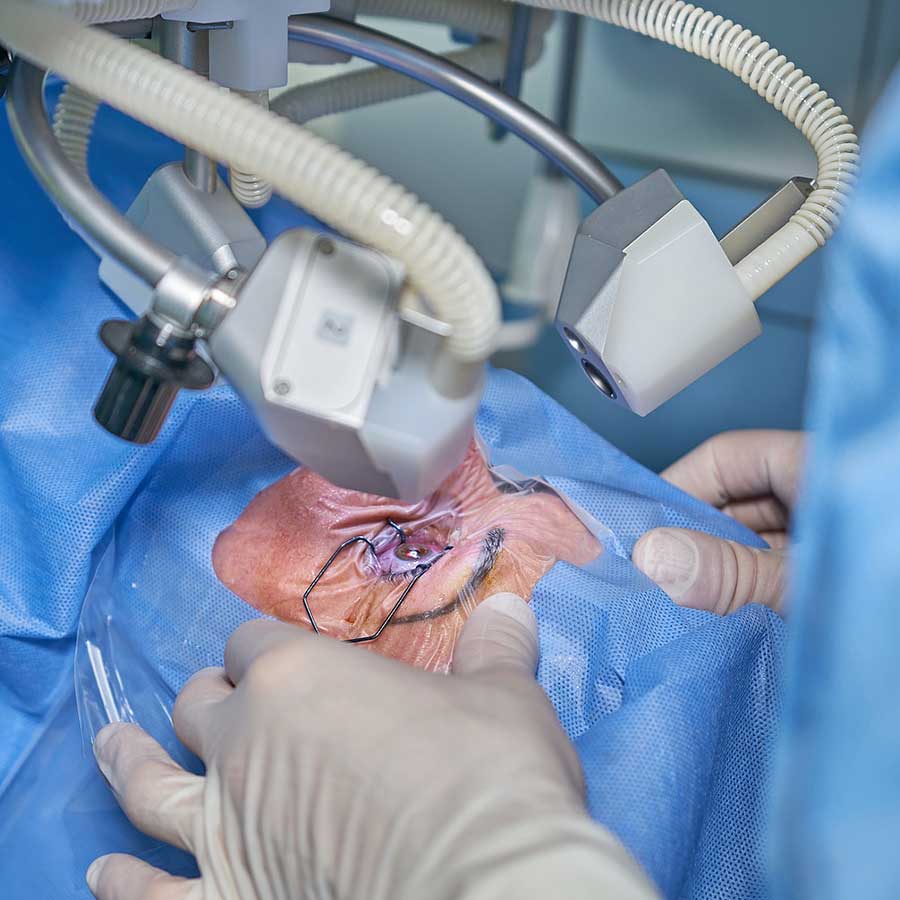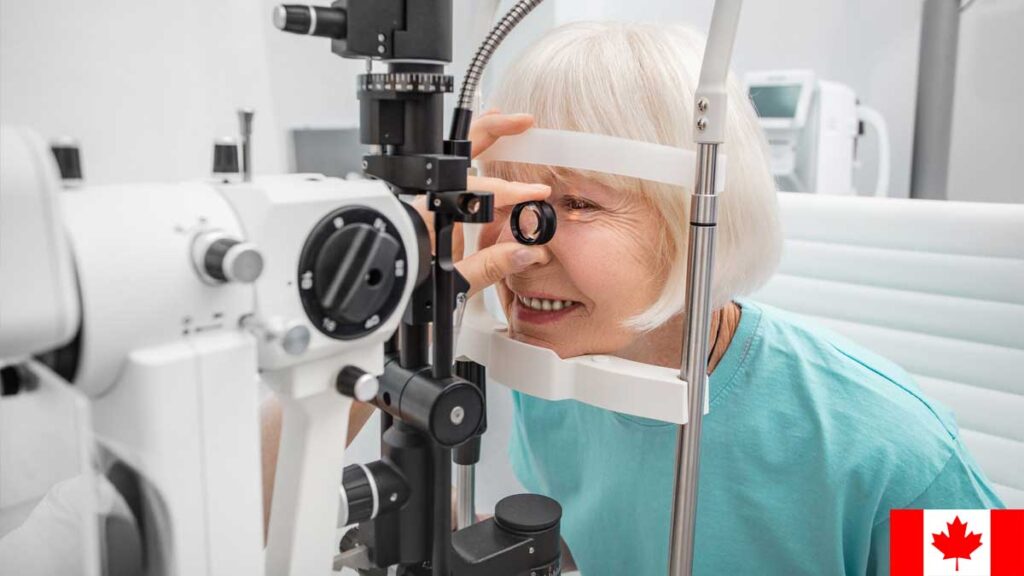Laser Glaucoma Treatment Cost in the U.S.
Laser surgery is one of the most common treatments for glaucoma. It is widely available in hospitals, specialty clinics, and ophthalmology centers across the United States. For many patients, one of the first questions is simple: How much does it cost?
This guide explains what you can expect to pay, what affects the price, and how insurance may help reduce your expenses.
Average Cost in the United States
Laser glaucoma treatment in the U.S. usually costs between $1,000 and $2,500 per eye.
The final bill depends on:
The type of laser procedure performed
The clinic or hospital location
The surgeon’s professional fees
Whether follow-up care is included
If both eyes need treatment, costs may double. Some clinics provide package pricing for two eyes or multiple sessions.
Common Laser Procedures and Their Prices
Different glaucoma types require different laser techniques. Here are the most common ones and their typical price range:
Selective Laser Trabeculoplasty (SLT): $1,200 – $2,000 per eye
Argon Laser Trabeculoplasty (ALT): $1,000 – $1,800 per eye
Laser Peripheral Iridotomy (LPI): $1,200 – $2,200 per eye
Cyclophotocoagulation (CPC): $1,500 – $2,500 per eye
Each procedure has its own goal. Some improve fluid drainage, while others reduce fluid production to lower eye pressure.
Learn more about glaucoma surgery cost in the U.S. (2025) → Glaucoma Surgery Cost in the U.S. 2025
Regional Price Differences
Costs are not the same across the U.S. A clinic in New York or California may charge more than a clinic in Texas or Florida.
Here’s a quick snapshot:
High-cost states: New York, California, Massachusetts, Washington D.C.
Moderate-cost states: Illinois, Florida, Texas, Colorado
Lower-cost states: Ohio, Michigan, North Carolina, Arizona
Urban centers tend to be more expensive due to higher demand and overhead costs.
Insurance and Medicare Coverage
Many patients worry about paying out of pocket. The good news is that most insurance plans and Medicare cover laser glaucoma treatment if it is considered medically necessary.
Key points:
Medicare Part B usually covers 80% of the approved cost, leaving you with the remaining 20%.
Private insurance coverage varies. Some plans require pre-approval.
If you don’t have insurance, ask the clinic about cash discounts or payment plans.
Factors That Affect the Price
Several things can influence the final bill:
Clinic location – city clinics charge more than small-town centers
Surgeon’s expertise – experienced specialists may cost more
Diagnostic tests – visual field tests, OCT scans, and eye pressure checks add to the bill
Follow-up visits – some clinics include them, others charge separately
Technology used – newer laser machines may cost more but often deliver more precise results
Comparing Clinics
When comparing clinics, don’t just look at the price. Ask these questions:
What is included in the cost?
How many procedures has the surgeon performed?
Are follow-up visits covered?
Does the clinic offer financing or installment plans?
Getting clear answers can help you avoid unexpected expenses later.
Saving on Treatment
Here are a few practical ways to reduce costs without sacrificing quality:
Use insurance or Medicare whenever possible
Ask about generic medications if eye drops are prescribed afterward
Check university hospitals – they sometimes offer lower prices
Seek package deals if both eyes need treatment
Negotiate cash discounts if paying out of pocket
Is Laser Surgery Worth the Cost?
Laser treatment is often a one-time or limited procedure compared to daily eye drops. Over the years, it can save money by reducing the need for lifelong medications.
More importantly, it helps protect your vision. Untreated glaucoma can lead to permanent blindness. For many patients, the cost of surgery is a long-term investment in eye health.
Final Thoughts
The price of laser glaucoma treatment in the U.S. depends on your location, insurance, and the specific procedure required. On average, you can expect to pay between $1,000 and $2,500 per eye.
Before scheduling your surgery, compare clinics, ask detailed questions, and confirm insurance coverage. Doing so ensures you get the right care without unexpected financial stress.




